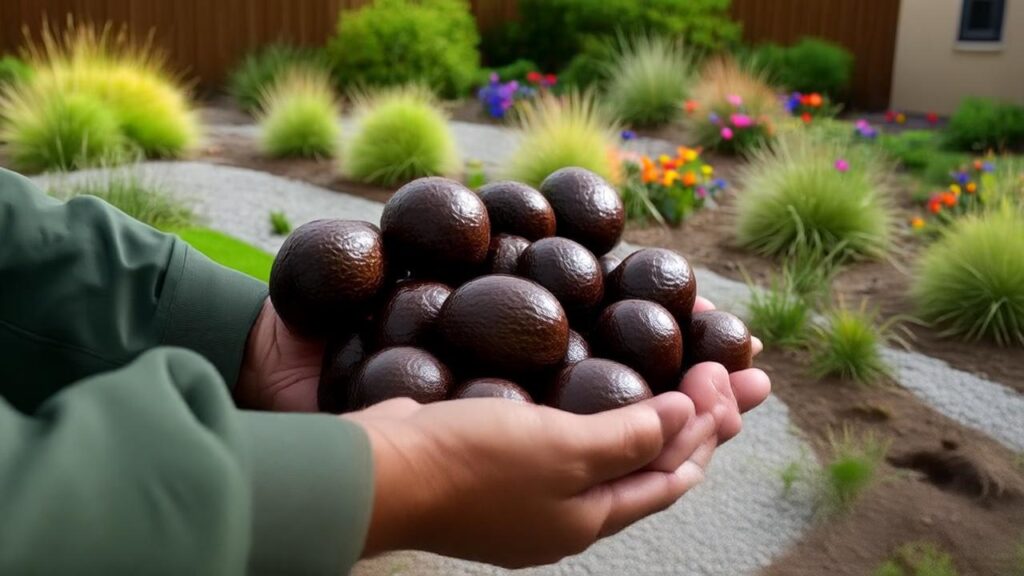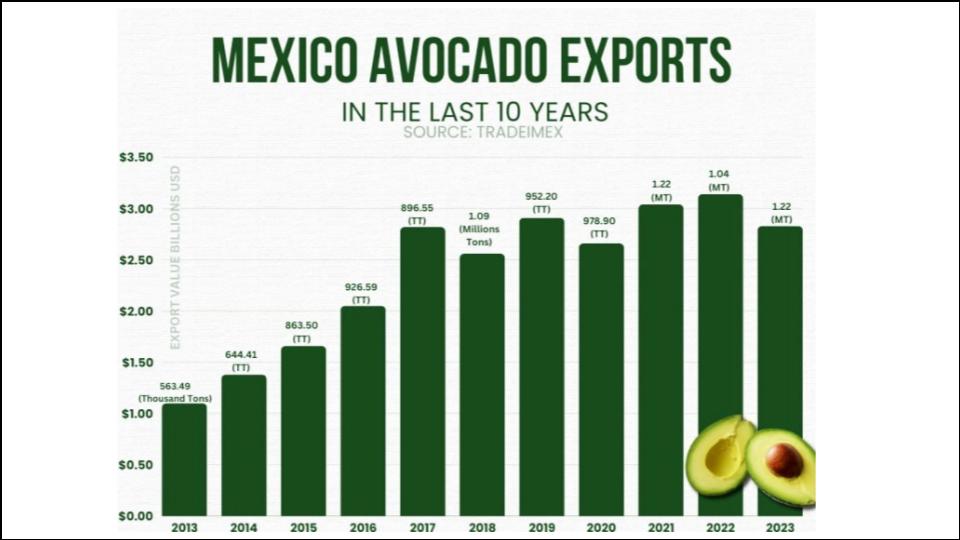
Mexico has once again solidified its position as the undisputed top avocado exporter, commanding the lion’s share of the global market as international demand for the nutrient-rich fruit continues to soar. Fueled by a unique combination of ideal growing conditions, year-round production cycles, and strategic trade access, the Latin American nation supplies a significant majority of the avocados consumed worldwide, a dominance that has reshaped its agricultural economy while raising important environmental and social questions.
In the most recent recorded year for which full data is available, Mexico exported approximately 1.4 million metric tons of avocados, according to figures from the International Trade Centre, a joint agency of the World Trade Organization and the United Nations. This volume far surpasses that of its nearest competitors, demonstrating a market control that has become synonymous with the “green gold” rush.
| Key Fact | Detail / Statistic |
| Market Share | Mexico accounts for over 45% of total global avocado exports. |
| Primary Variety | The Hass avocado makes up more than 95% of Mexican avocado exports. |
| Top Importer | The United States imports nearly 80% of its avocados from Mexico. |
| Economic Impact | The avocado industry generates over $2.5 billion annually for Mexico. |
The Roots of Mexico’s Avocado Dominance
Mexico’s global leadership is no accident. The state of Michoacán, the heartland of Mexican avocado production, possesses a unique volcanic soil and microclimate that allows for the cultivation of avocados 365 days a year. This continuous harvest is a critical advantage that other producing nations cannot easily replicate.
“The volcanic soil, the precise altitude, and the consistent rainfall in Michoacán create the perfect storm for growing high-quality Hass avocados,” said Dr. Alejandro Castillo, an agricultural economist at the National Autonomous University of Mexico (UNAM). “This geographical advantage is the bedrock of Mexico’s export success.”
The implementation of the North American Free Trade Agreement (NAFTA) in 1994, now the United States-Mexico-Canada Agreement (USMCA), was a pivotal moment. The trade pact progressively eliminated tariffs and opened the lucrative U.S. market to Mexican avocados, leading to an exponential increase in exports over the past three decades. The Association of Avocado Exporting Producers and Packers of Mexico (APEAM) has been instrumental in ensuring quality control and compliance with international phytosanitary standards, further cementing trust with importers.

Meeting Insatiable Global Appetite
The rise of the avocado from a niche product to a global dietary staple has been a primary driver of Mexico’s export growth. Increased consumer awareness of the fruit’s health benefits, coupled with its versatility in cuisines from salads to smoothies, has created a voracious global avocado demand.
The United States remains the largest customer by a wide margin, with demand famously peaking during events like the Super Bowl. However, Mexican exporters have been actively diversifying their markets.
“While the U.S. is our primary partner, we have seen significant growth in exports to Canada, Japan, and several European nations,” a spokesperson for APEAM stated in a recent press release. “Our focus is on expanding our reach into new markets in Asia and the Middle East.”
This diversification strategy is crucial for long-term stability, insulating the industry from over-reliance on a single trading partner and potential geopolitical shifts.
Challenges on the Horizon
Despite its commanding lead, the Mexican avocado industry faces significant challenges that could impact its future as the top avocado exporter.
Environmental and Social Costs
The profitability of avocados has led to rapid agricultural expansion, often at the expense of vital pine forests in Michoacán. Environmental groups and scientists have warned that this deforestation contributes to biodiversity loss and disrupts the local water cycle. The United Nations Environment Programme (UNEP) has highlighted the environmental strain caused by the intensive water use required for avocado cultivation—a single avocado can require up to 60 gallons of water to grow.
Furthermore, the immense profits have attracted criminal organizations to the region, leading to extortion of farmers and conflicts over land and resources. The Mexican government has deployed security forces to protect the industry, but the issue remains a persistent threat to the stability of the producing regions.
Rising Competition
While Mexico’s position seems secure for now, other countries are ramping up their production. Peru has emerged as the second-largest exporter, with a strong focus on the European market. Colombia is also rapidly increasing its cultivation and export capacity, leveraging its own favorable climate.
“Mexico cannot afford to be complacent,” commented Dr. Castillo. “Competitors like Peru and Colombia are investing heavily in technology and logistics to capture a larger piece of the global market. Maintaining the top spot will require continuous innovation in sustainability and efficiency.”
Looking ahead, the industry’s ability to address its environmental and security challenges will be just as important as its production volume. As global consumers become more conscious of the origins and sustainability of their food, a failure to manage these issues could tarnish the reputation of Mexican avocados. The future of Mexico’s reign as the world’s avocado king rests on balancing immense profit with ecological and social responsibility.
Jamaica Solidifies Its Position as the World’s Leading Ackee Producer
